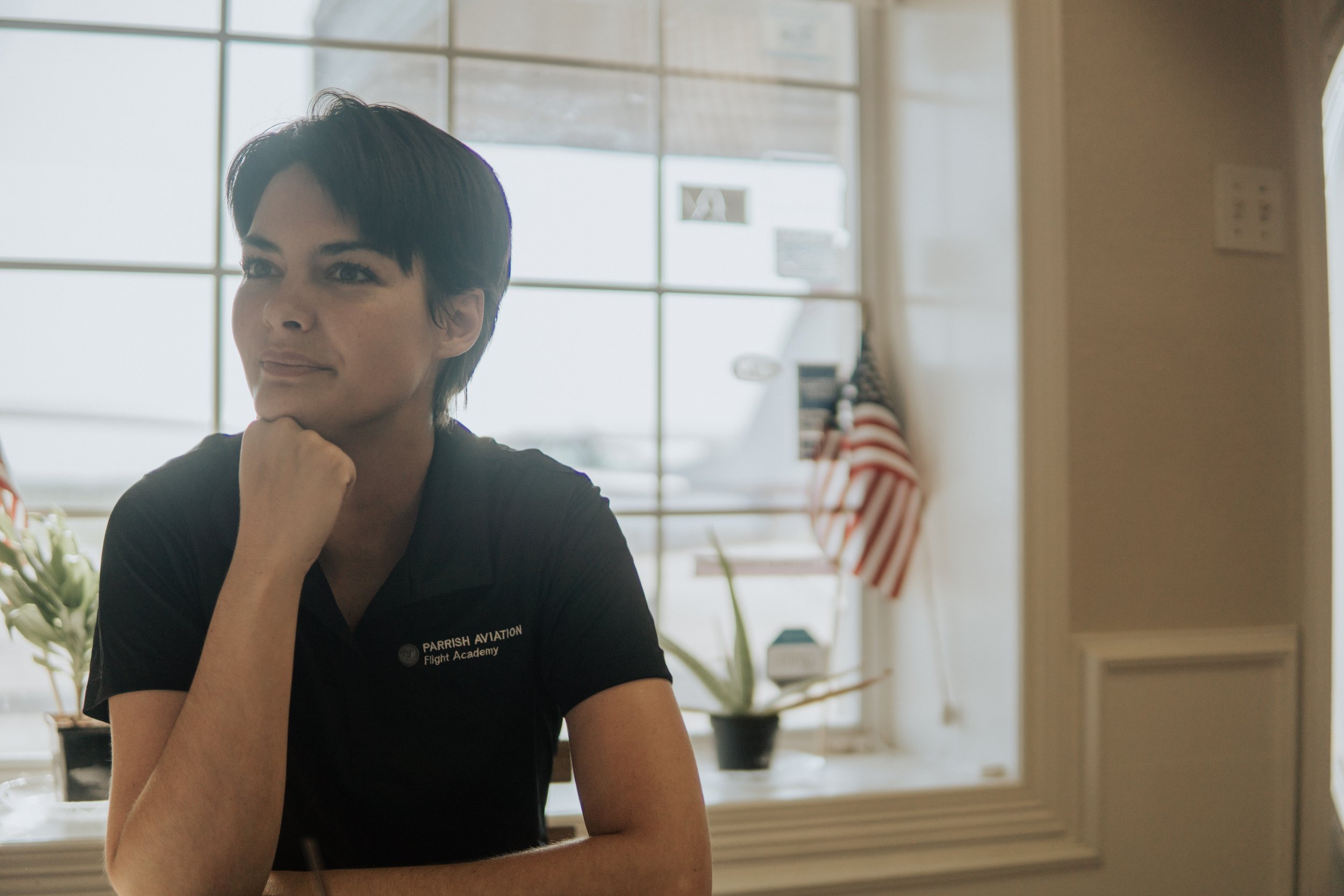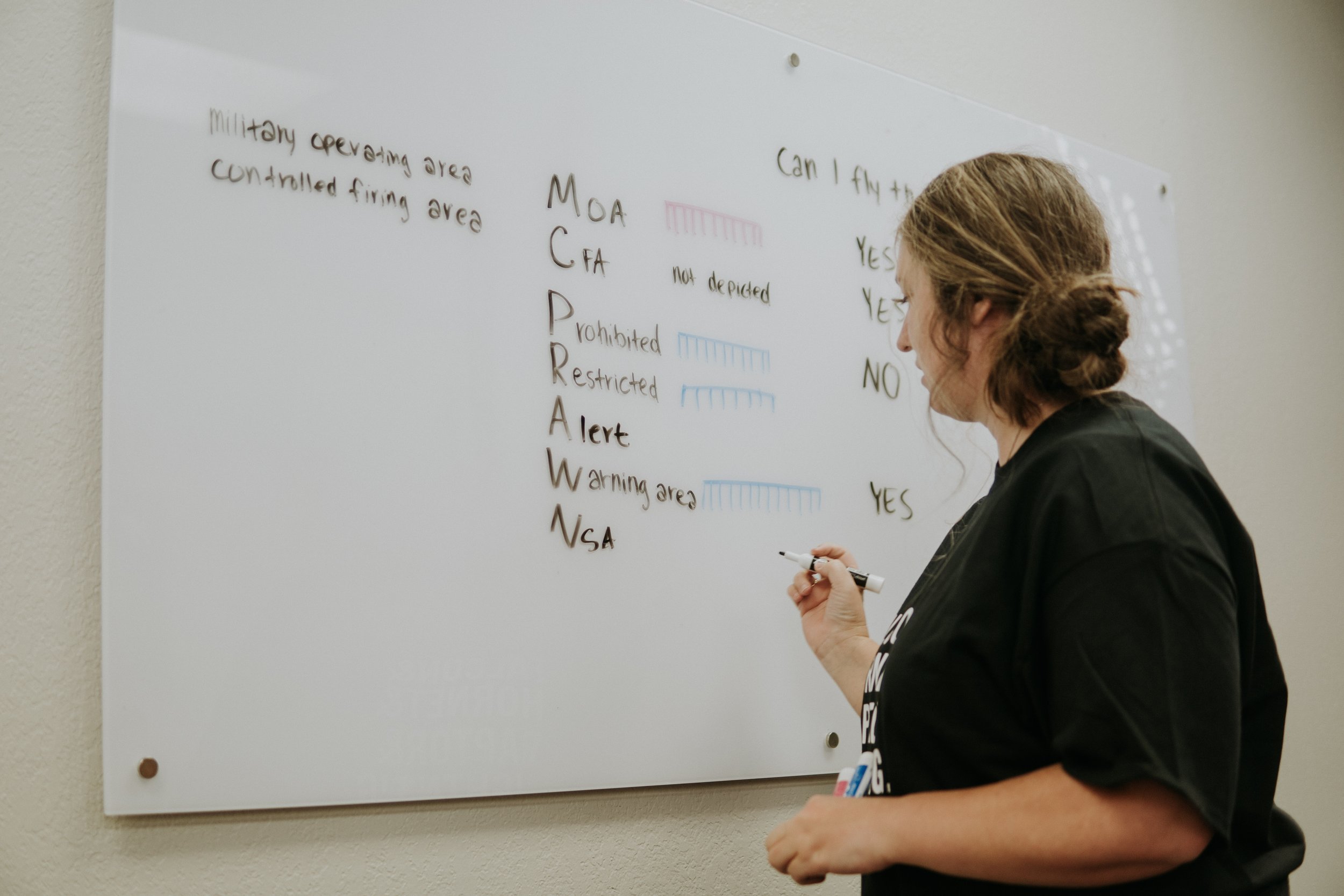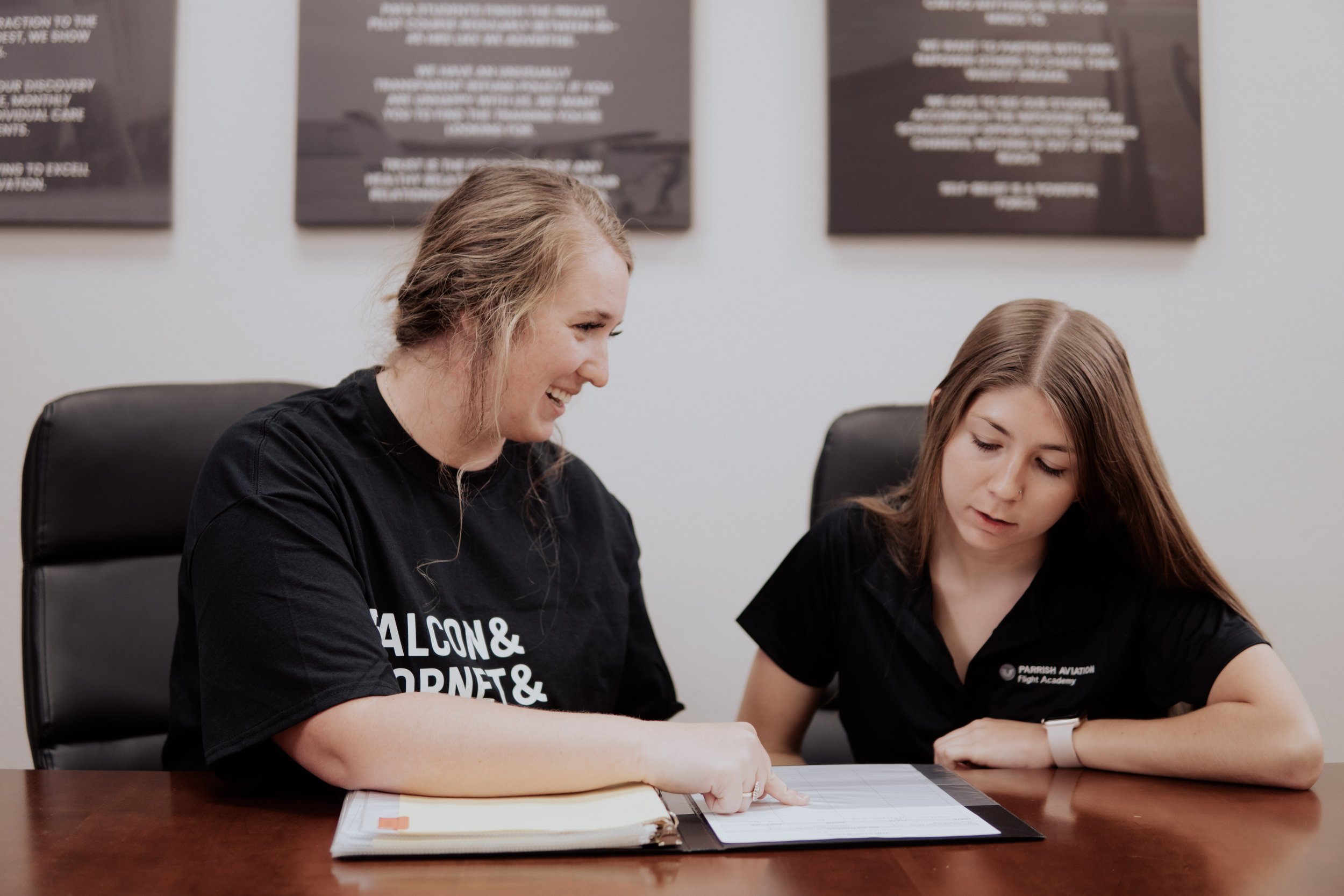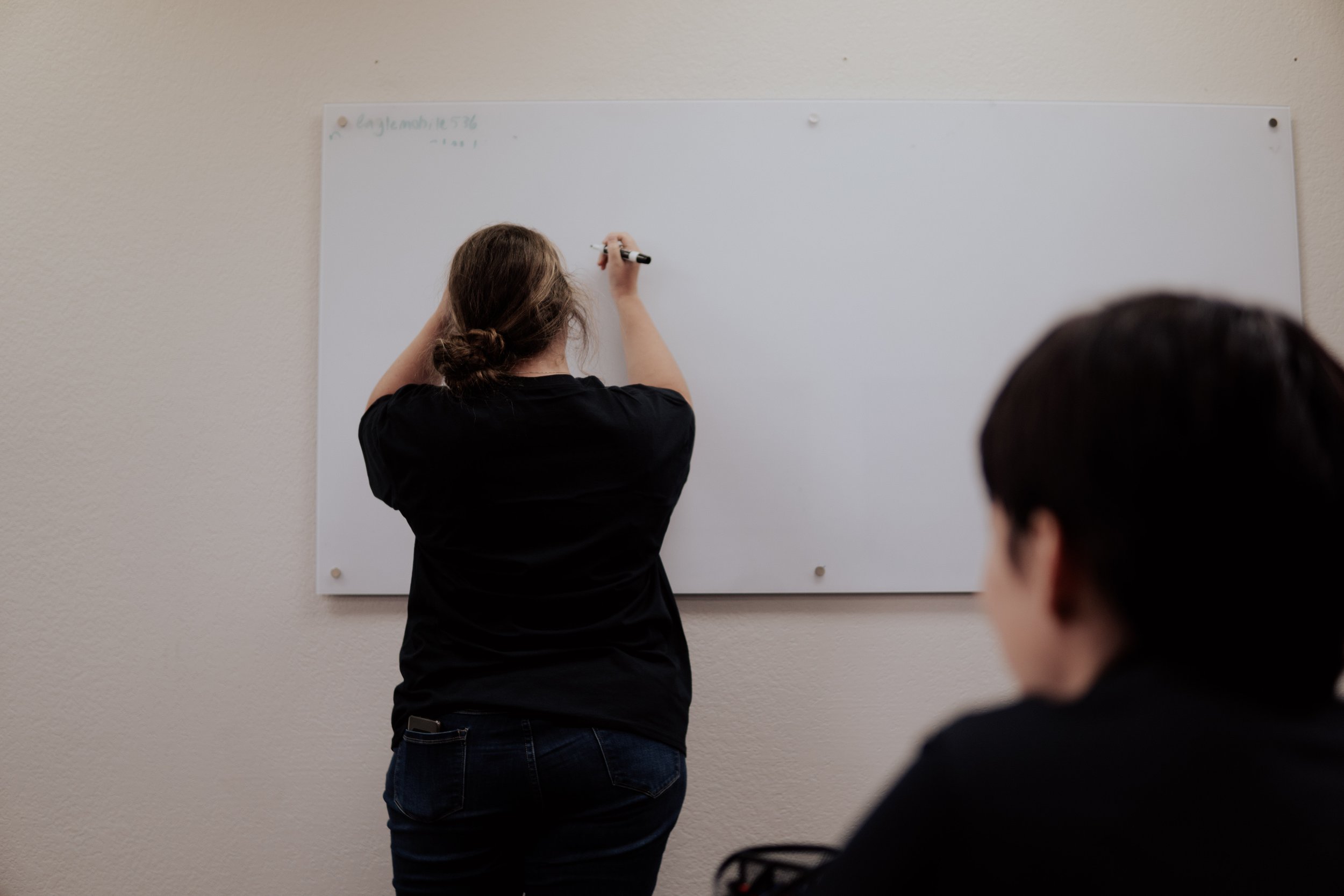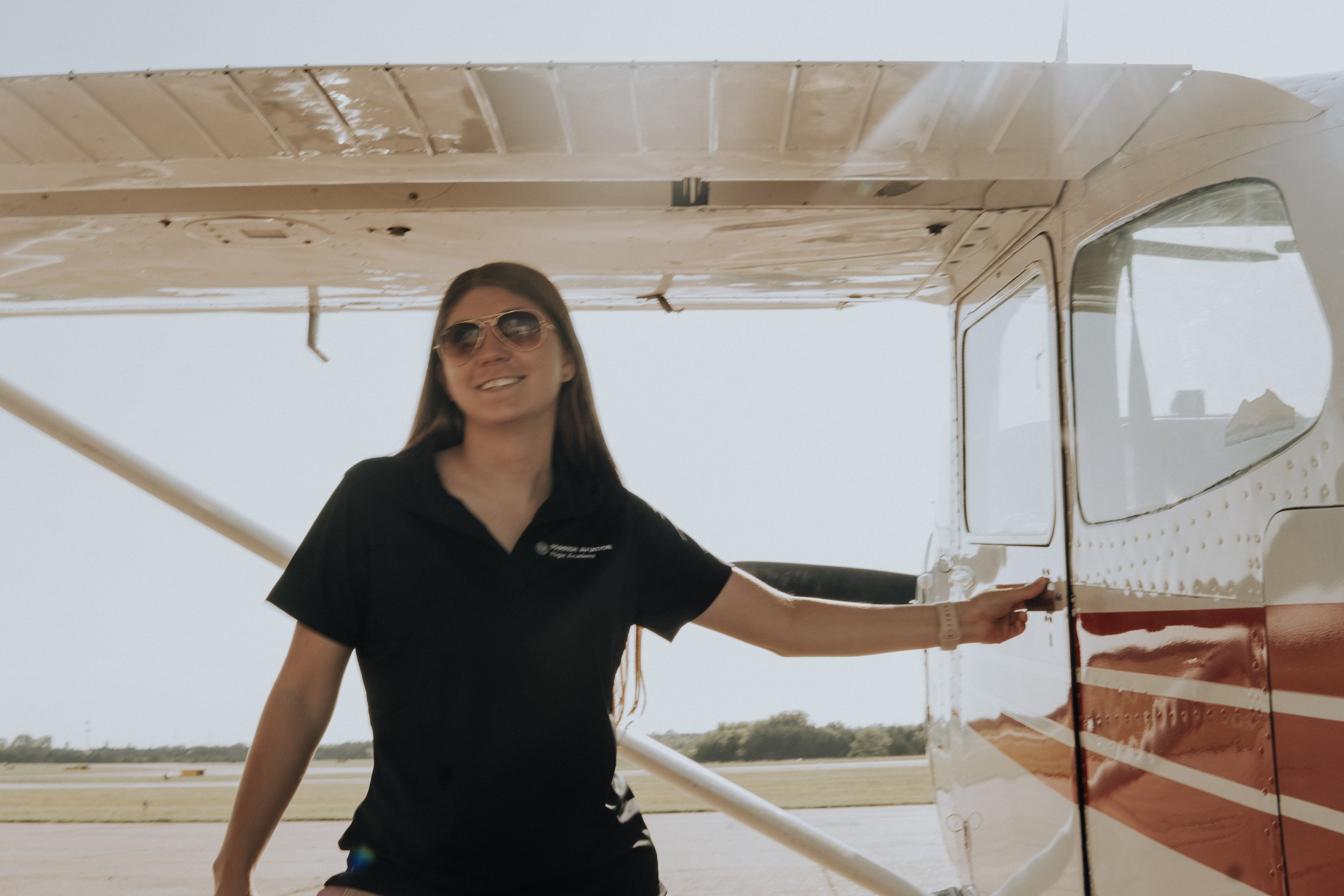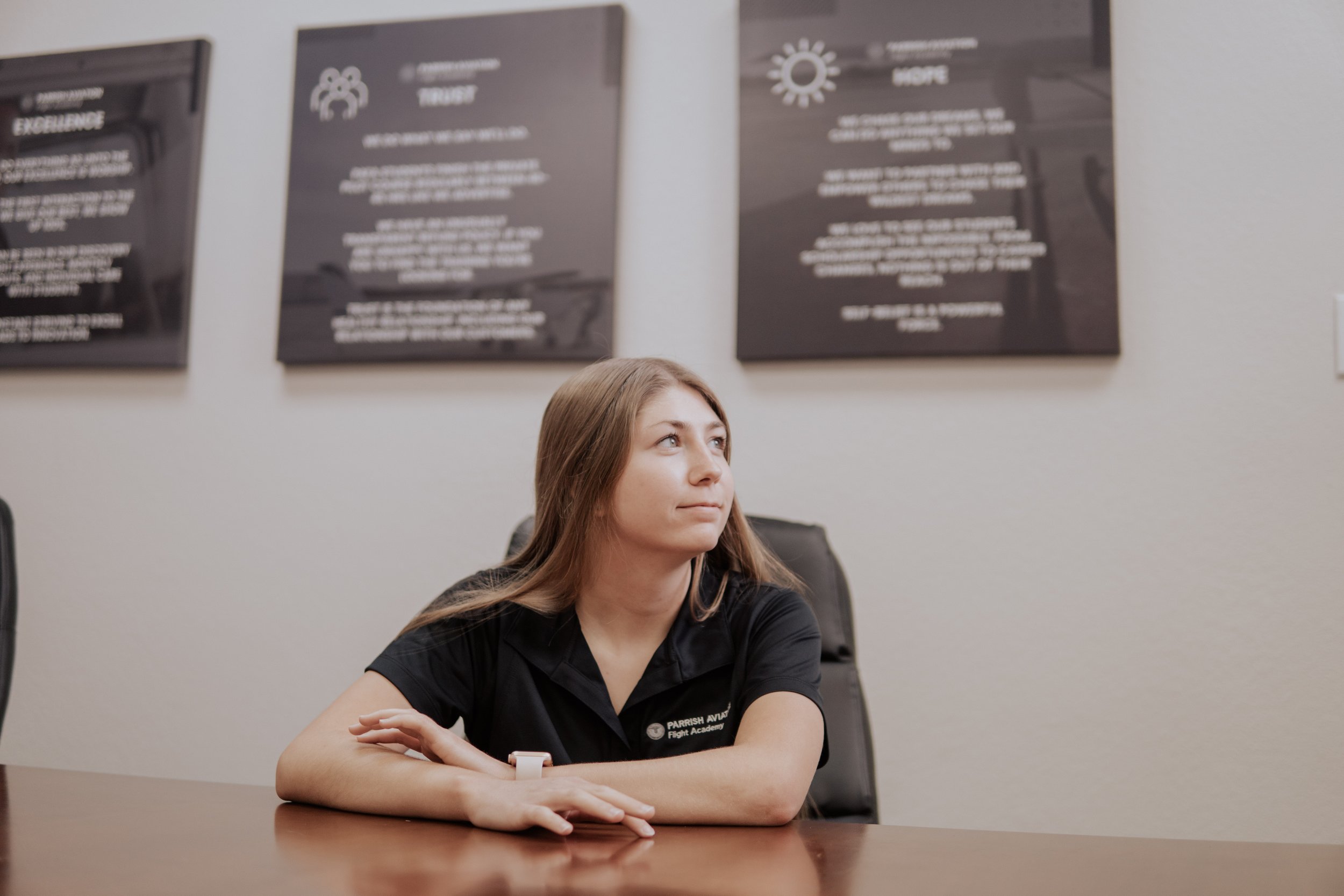Soaring to Success: A Guide to Prepare for Flight School
Embarking on the journey to become a pilot is an exciting and rewarding endeavor. Flight school is the gateway to a career filled with adventure, responsibility, and the freedom of the skies.
However, it requires careful preparation and dedication to ensure success. Whether you're dreaming of becoming a commercial airline pilot or pursuing a career in aviation for personal enjoyment, this blog will provide you with valuable insights and guidance on how to prepare for flight school.
Research and Select the Right Flight School: Before diving into flight school preparations, it's essential to conduct thorough research and choose the right flight school that aligns with your goals, budget, and location preferences.
Look for schools with reputable accreditation, experienced instructors, and a well-maintained fleet of aircraft.
Consider factors such as program duration, curriculum, facilities, and student support services. Visiting the school and speaking with current students or alumni can also provide valuable insights.
Meet the Prerequisites: Flight schools have certain prerequisites that you must meet before enrollment.
These prerequisites may include age requirements, a high school diploma or equivalent, and a valid medical certificate.
Familiarize yourself with these prerequisites and ensure you meet them before applying. If needed, complete any missing qualifications well in advance.
Obtain a Medical Certificate: Pilots are required to hold a valid medical certificate to ensure they meet the physical and mental standards necessary for flying.
Schedule an appointment with an aviation medical examiner (AME) approved by the aviation authority in your country.
The AME will conduct a thorough examination to determine your medical fitness. Be aware that different classes of medical certificates exist, and the requirements may vary based on your intended pilot career path.
Enhance Your Knowledge: Building a strong foundation of knowledge before starting flight school will give you an edge in understanding aviation concepts and procedures.
Begin studying fundamental aviation subjects, such as aerodynamics, aviation regulations, weather theory, navigation, and aircraft systems.
Utilize online resources, textbooks, or enroll in aviation ground school courses to expand your understanding of these topics. Familiarize yourself with aviation publications and keep up-to-date with industry news.
Develop a Mathematics and Physics Proficiency: Mathematics and physics play a crucial role in aviation.
Develop a solid understanding of these subjects, particularly areas like trigonometry, algebra, calculus, and Newtonian physics.
Concepts such as lift, thrust, drag, and weight are essential to comprehend when flying an aircraft. Consider reviewing these subjects independently or enrolling in relevant courses to sharpen your skills.
Cultivate Effective Communication Skills: Effective communication is vital in aviation, both within the cockpit and when interacting with air traffic control.
Enhance your communication skills, both verbal and written. Practice concise and precise communication, paying attention to clarity, brevity, and standard aviation phraseology.
Join local aviation clubs, engage in group discussions, and participate in activities that foster teamwork and effective communication.
Physical Fitness and Mental Preparation: Piloting an aircraft requires mental alertness and physical endurance.
Engage in regular physical exercise to improve your overall fitness level, including cardiovascular endurance and strength training.
Develop good sleeping habits to ensure you are well-rested. Additionally, practice stress management techniques as flying can sometimes be demanding. Cultivate resilience, problem-solving skills, and the ability to remain calm under pressure.
Financial Planning: Flight training can be a significant investment.
Research and plan your finances to cover the cost of flight school tuition, books, exams, and living expenses during training.
Explore financing options, scholarships, and grants that may be available. Consider part-time work or saving money before starting flight school to alleviate financial stress during the training period.

